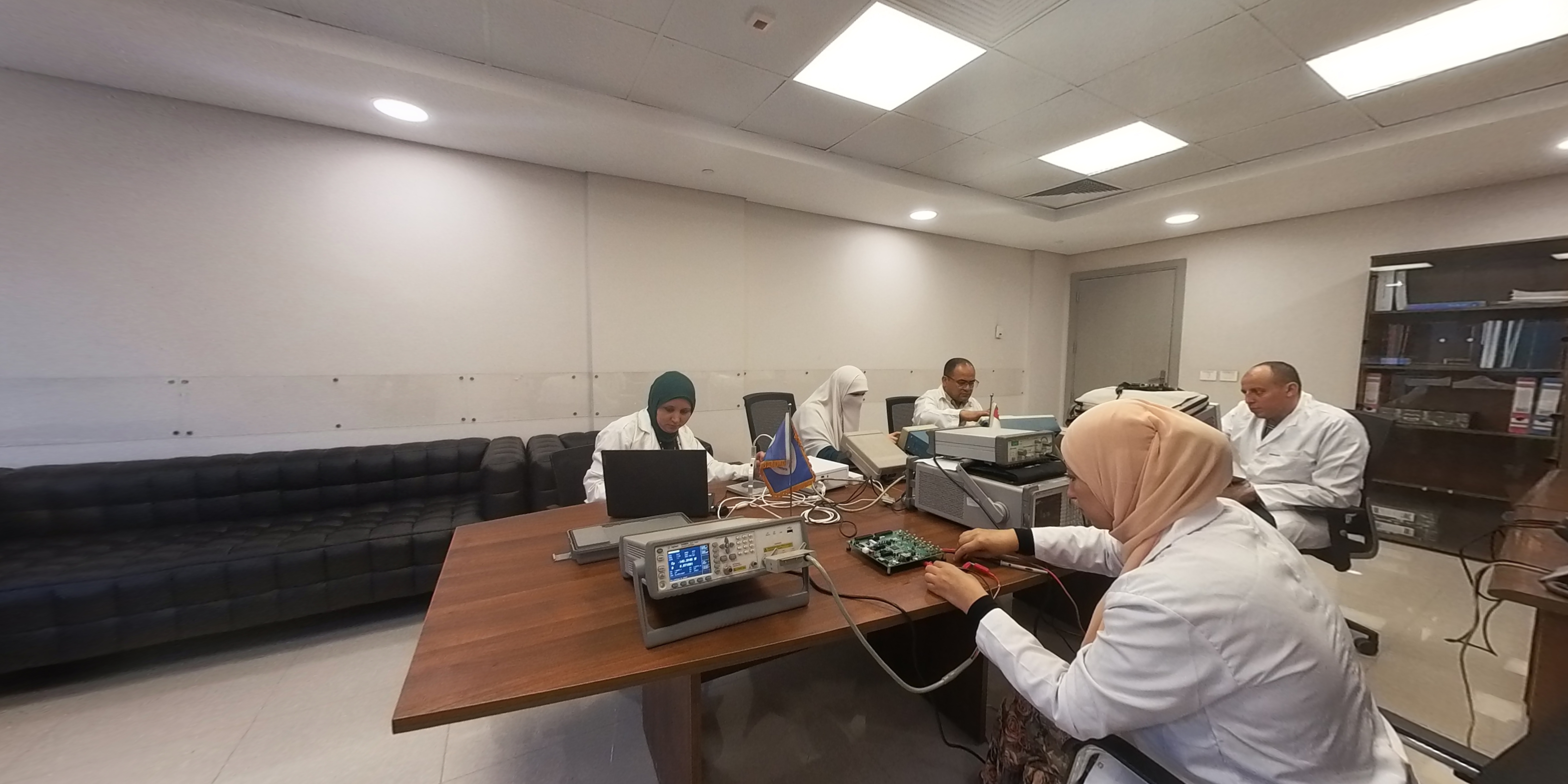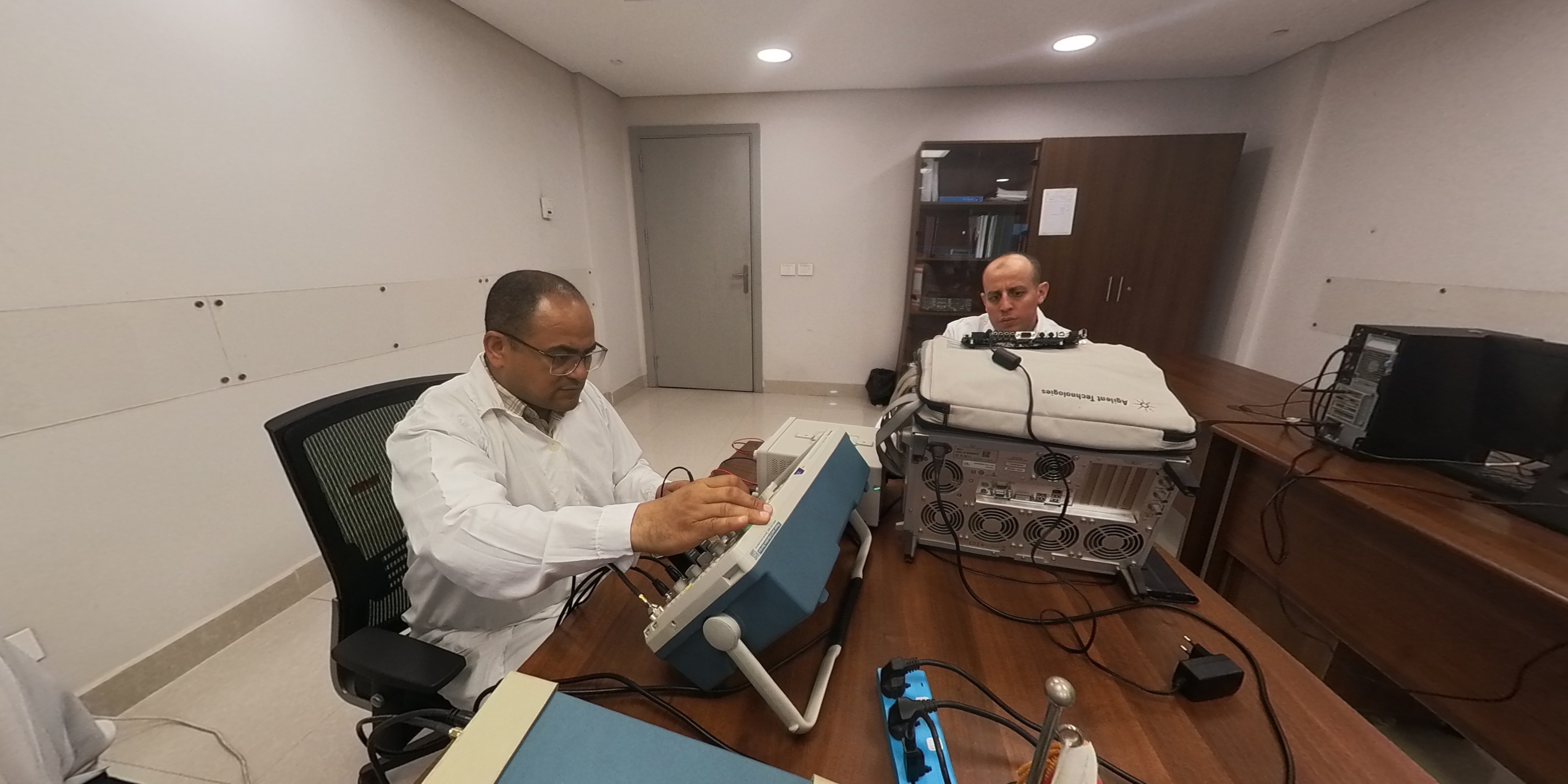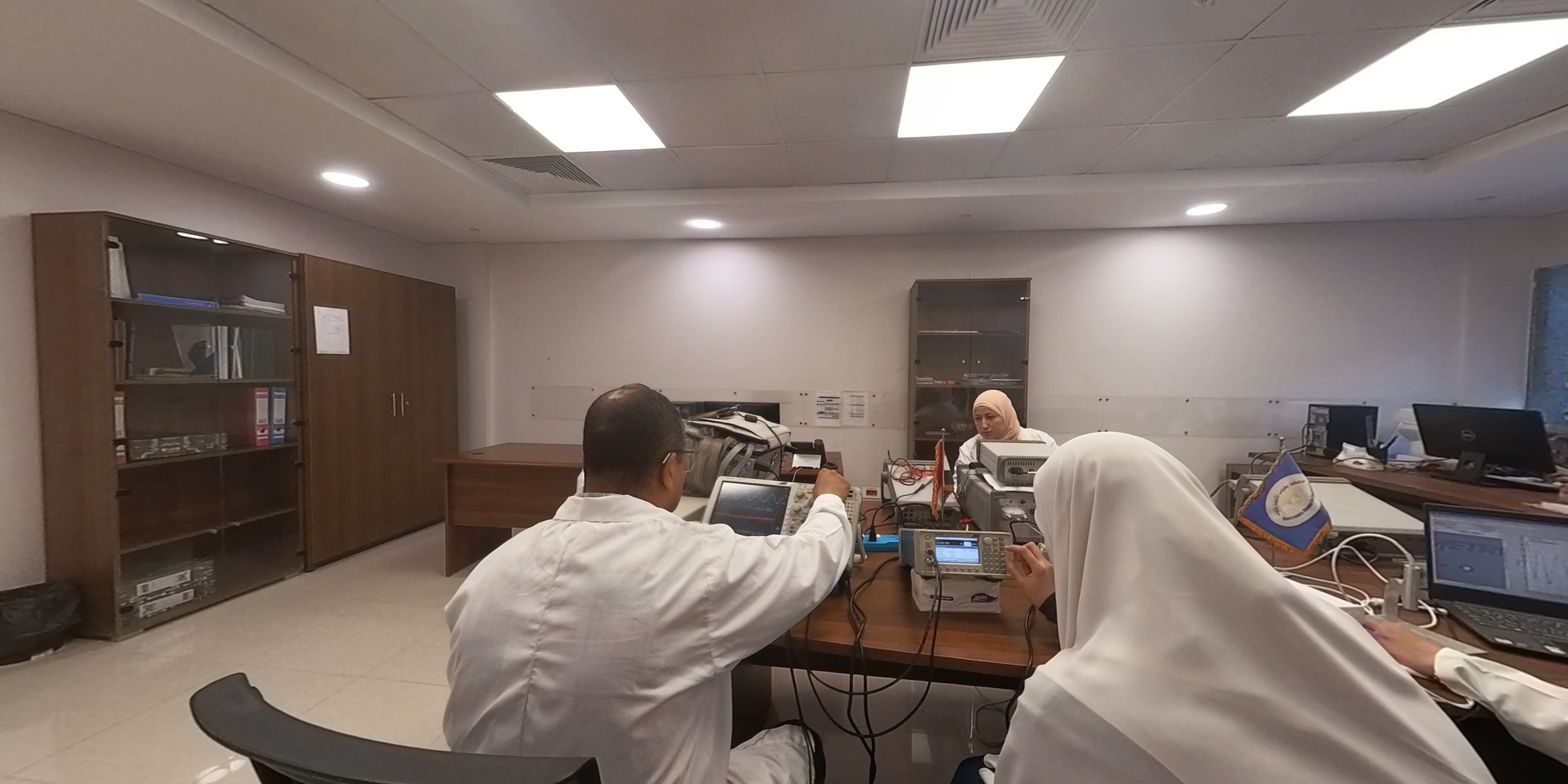تحت الانشاء Under Construction
Description
The Integrated Circuits Lab consists of an excellent team work that specializes in designing, simulating, and measuring analog electronic circuits, Radio Frequency (RF) and millimeter wave circuits, radio transmitter and receiver circuits, mixed electronics circuits (analog and digital), printed electronics, microwave circuits, transistors, semiconductor devices, and electrical devices.
It also includes applications for system-on-chip, system-in-package, integrated circuit thermal monitoring, integrated sensors, high-speed transceivers for wireless communications, and electromagnetic modeling for high-speed interconnects and packaging.
The circuits and systems implemented in the Integrated Circuits Lab are used in various applications including biomedicine, sensor interfaces, wireless communications, energy harvesters, Internet of Things (IoT), millimeter wave, millimeter frequency and power management module and power management integrated circuits. The Lab works to serve academic and industry communities by developing, disseminating and transferring technical knowledge and expertise.
The laboratory provides technical consultations to students, graduates, and research staff in various workplaces in the field of designing and implementing integrated electronic circuits, such as providing advice, assessing needs, and providing appropriate solutions to meet needs.
The laboratory produces integrated electronic circuits by sending designs to specialized manufacturing houses and Doing the necessary tests and measurements. The design stage represents the most referred to stage in Egypt, which depends largely on the experience and competence of the design engineer.
The laboratory provides modernization, development and design services for integrated electronic circuits, and this may include upgrading software, improving performance, and adding new functions.
Services provided by the laboratory:
- Design and represent integrated electronic circuits using computer-aided design programs (Analog, Digital, Mixed signal, RF, and mm-Wave)
- Producing integrated electronic circuits by sending designs to specialized manufacturing houses.
- Doing the necessary tests and measurements. The design stage represents the most referred to stage in Egypt, which depends largely on the experience and competence of the design engineer.
- It provides modernization, development and design services for integrated electronic circuits, and this may include upgrading software, improving performance, and adding new functions.
- The laboratory provides technical consultations to students, graduates, and research staff in various workplaces in the field of designing and implementing integrated electronic circuits, such as providing advice, assessing needs, and providing appropriate solutions to meet needs.
Lab Contents





